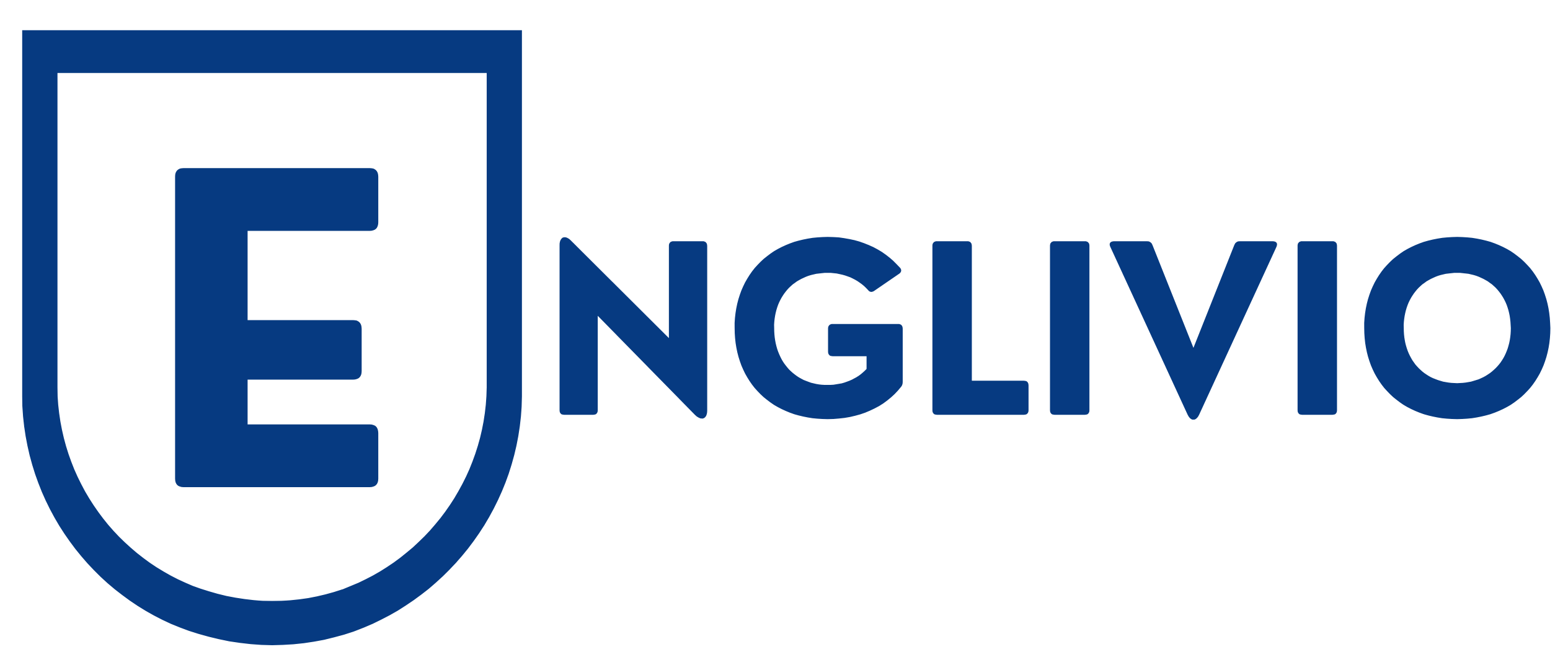The rapid evolution of artificial intelligence (AI) has sparked intense global debate about its moral and social implications. As algorithms become more autonomous, questions arise about who bears responsibility for the outcomes they produce. When a machine makes a life-changing decision, such as in healthcare or justice, determining moral accountability becomes a complex challenge.
One of the central concerns involves bias in AI systems. Despite their appearance of objectivity, algorithms often reflect the values and assumptions of their creators. If the data used to train an AI is flawed or limited, its decisions can reinforce social inequality, even unintentionally. The ethical dilemma, therefore, lies not only in the outcomes AI produces, but in the principles it learns from.
Furthermore, AI challenges traditional notions of personhood and human identity. When machines exhibit behaviors resembling thought, creativity, or emotion, society must reconsider what it means to be conscious or self-aware. Philosophers and scientists alike struggle to define whether such systems possess any form of agency — or if they are merely reflecting human design in sophisticated ways.
From a moral perspective, the development of AI also raises issues related to integrity and transparency. Governments and corporations must balance innovation with the protection of human rights, ensuring that automation does not erode privacy, employment, or democratic decision-making. These questions demand not only technological expertise but also deep ethical reflection.
Ultimately, the debate surrounding AI ethics is not about machines themselves, but about humanity’s stewardship of its own creations. As we grant machines greater control over our lives, we must ensure they serve collective human values — not replace them.
